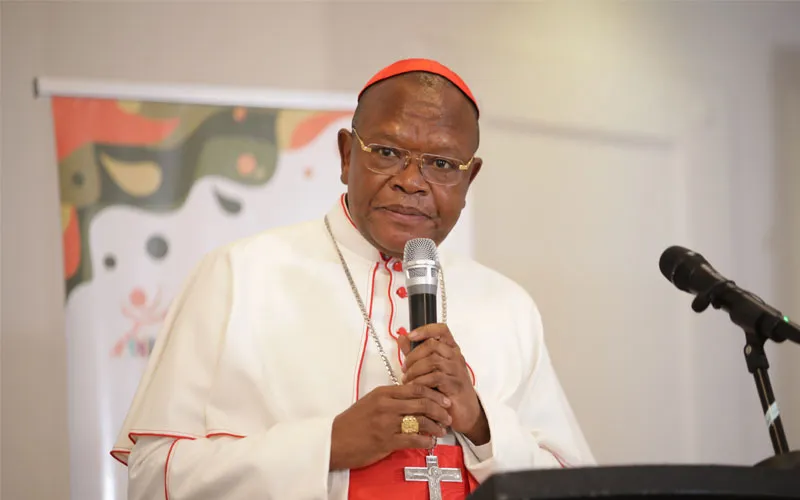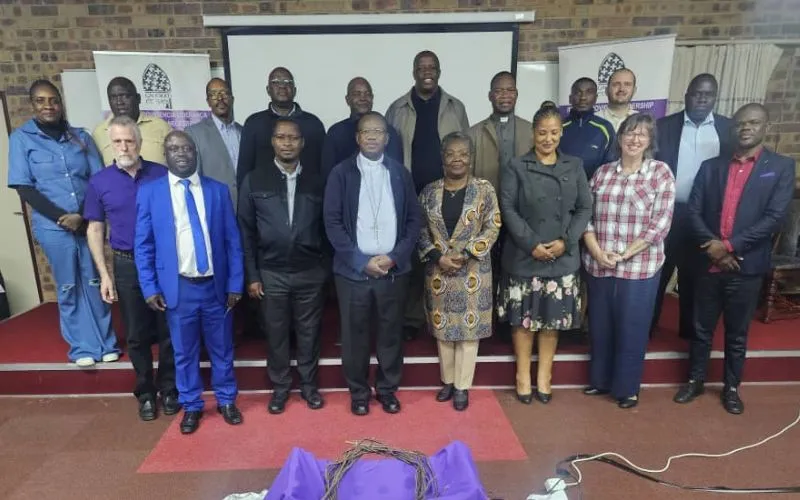He told delegates of the ongoing SECAM Plenary Assembly that “this synodal process, under the sign of communion, participation and mission, constitutes a time of grace and a great moment of ecclesial communion for the Church.”
The Plenary Assembly, “which is guided by the Synod’s call to the Universal Church to communion, mission, and participation” aims at engaging the delegates from the Church in Africa on the Document for the Continental Stage (DCS), which was sent to the Universal Church by the General Secretariat of the Synod in October 2022.
In his speech, the President of SECAM also reflected on the importance of listening in the Synodal process.
“By focusing on listening, this synodal process should lead the journey of the Church, the family of God in Africa and the Islands, to its fulfillment,” he said, and added, “Indeed, a true encounter as members of the same family, a true journey together as brothers and sisters can only be born of listening.”
Listening, Cardinal Ambongo continued, “implies going further than just hearing.”
(Story continues below)
“To listen, it is essential to be silent and to listen to what the other person has to say. Listening requires leaving one's own world and immersing oneself in that of the other,” he said, and added, “Lack of listening is, in large part, a cause of conflict, disagreement, division and violence in society and even in the Church.”
The Congolese Cardinal continued, “We can only walk together as a family and as a Church if we know how to listen to each other. This Synod offers us the opportunity to become a church that listens and listens to each other.”
“Let us make this African Synodal Plenary Assembly a vibrant experience of listening to each other and moving forward together, guided by the Holy Spirit,” the President of SECAM said.
“This Synodal Assembly calls upon pastors to listen attentively and lovingly to the faithful entrusted by Christ to their care,” he further said, and added, “This Synodal Assembly also calls upon the laity to freely express their opinions with honesty and respect.”
Cardinal Ambongo invited the delegates of the SECAM Plenary Assembly to “enjoy the beauty of being together, walking together, celebrating the bond of our communion and sharing the joys and sorrows of our life and mission.”
Jude Atemanke is a Cameroonian journalist with a passion for Catholic Church communication. He holds a Bachelor’s Degree in Journalism and Mass Communication from the University of Buea in Cameroon. Currently, Jude serves as a journalist for ACI Africa.








